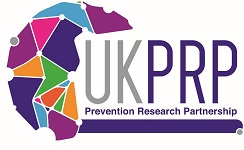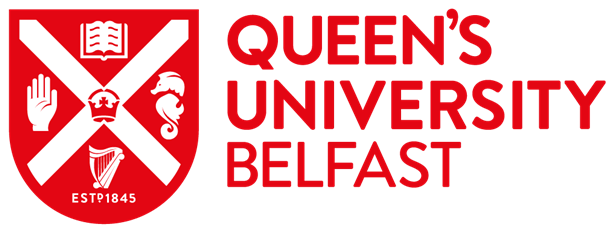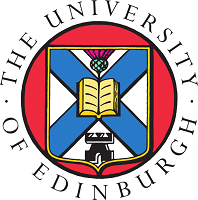Glossary: Q to R
QALY: A Quality Adjusted Life Year (QALY) is a measure of the state of health of a person or group in which the benefits, in terms of length of life, are adjusted to reflect the quality of life. One QALY is equal to 1 year of life in perfect health.
Quality: A metric that describes how well or poorly something performs to meet a specific aim or serve a specific purpose.
Random sample: A sample derived by selecting individuals such that each individual has the same probability of selection.
Randomised controlled trial (RCT): An evaluation study designs in which there is a control group who do not receive the active ingredient of the intervention, and individual people are randomised to receive the intervention or control.
Reliability: Whether, if the methods were repeated, the same results and conclusions would be reached.
Research impact (academic): The demonstrable contribution that excellent social and economic research makes in shifting understanding and advancing scientific method, theory and application across and within disciplines.
Research impact (society and economy): the demonstrable contribution that excellent social and economic research has on society and the economy, and its benefits to individuals, organisations or nations.
Rich Pictures: A visual way of building a picture of the collective views and perspectives of those involved. Can be used to define the problem, and identify the systems impacting on the problem and any solutions.
Risk factor: An aspect of personal behaviour or lifestyle, an environmental exposure, or an inborn or inherited characteristic that is associated with an increased occurrence of disease or other health-related event or condition.
Risk factor: Something that increases the chance of developing a disease or a condition or increasing a vulnerability for individuals, communities or systems.




